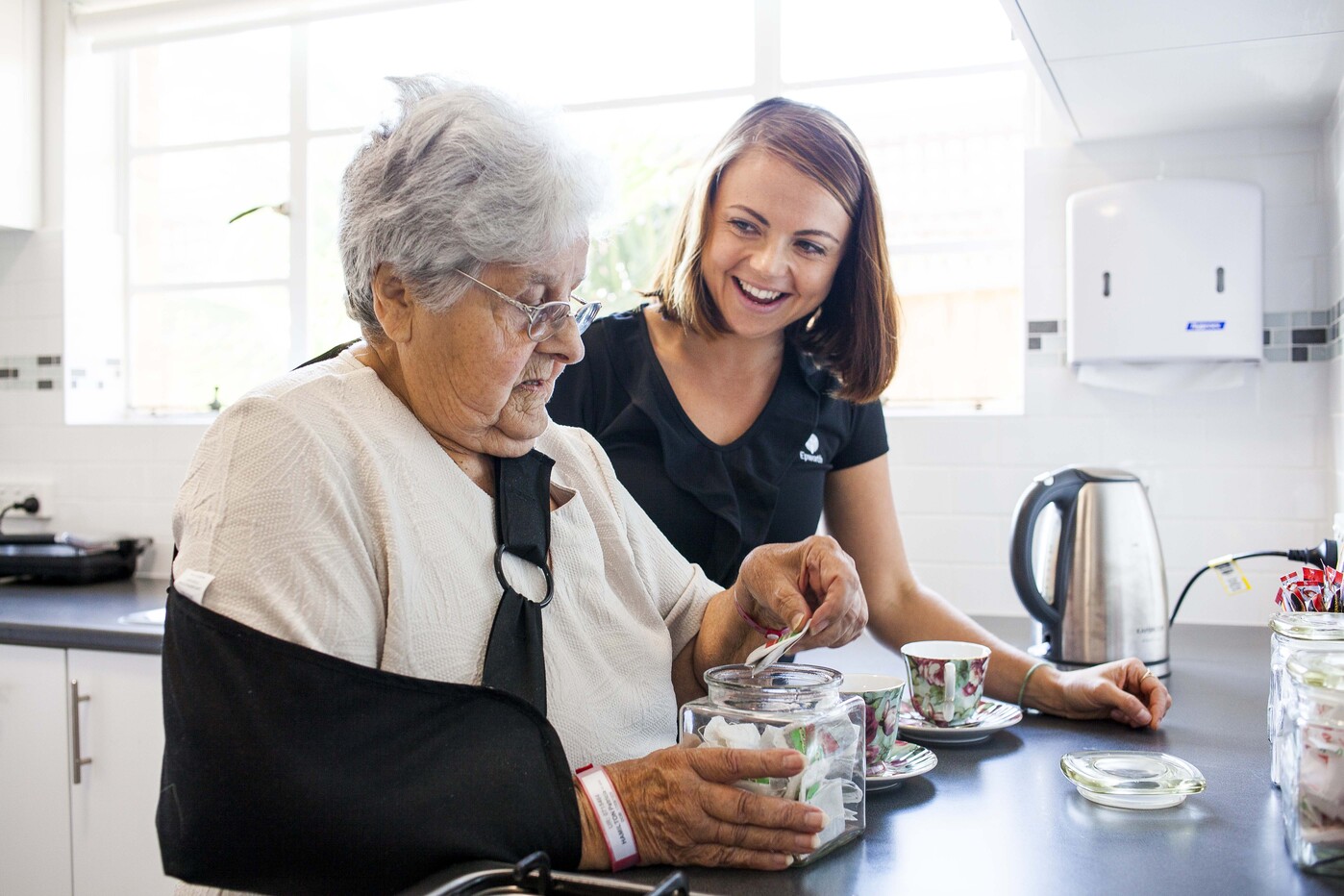Multiple myeloma starts with the overgrowth of plasma cells. Plasma cells come from a type of white blood cell called B lymphocytes. The job of plasma cells is to make immunoglobulin (antibodies). Your body uses immunoglobulin to defend itself from anything foreign, like infection.
Usually, plasma cells die when they’ve done their job and are no longer needed. But cancer plasma cells (myeloma) attach themselves to the bone marrow so the cancer cells can keep spreading.
These cancer cells stick together (as a tumour) to stop your blood and immune system from working like it should. Multiple myeloma means there is more than one of these myeloma tumours in the body.
Myeloma cancer cells make an unusable type of immunoglobulin – called monoclonal protein or paraprotein. They also make a type of protein (light chain) which can spread easily and is toxic to other cells in the body.
Symptoms of multiple myeloma
- fatigue (feeling tired)
- other symptoms of anaemia (may show as dizziness, trouble breathing, pale skin)
- bone pain with no explanation
- bleeding or bruising easily
- frequent infections
- weight loss with no explanation.
How myeloma affects the body
Bone damage
Myeloma can cause bones to thin and break easily. Myeloma releases protein that interrupts the body from creating new bone cells. The protein also damages existing bones.
Infections
Myeloma can make it harder for the body to fight bacterial infection. The paraproteins replace the helpful immunoglobulin (antibodies).
Kidney function
Myeloma makes light chain proteins that often make their way to the kidneys. This protein builds up in the kidneys and makes it hard for the kidneys to do their job of filtering waste. It’s even harder for the kidneys to function when there are infections in the body. This is why myeloma can cause kidney failure (where they stop working).
Read more: How is myeloma diagnosed?
Treatment
There is no cure for multiple myeloma yet, but treatments are improving over time. This is an important area of research for us. We lead haematology clinical trials and research with a focus on innovative treatments for multiple myeloma in Australia.
Treatment options include chemotherapy, autologous transplant and targeted therapies. To learn more about treatments, download the Blood Cancer Patient Guide.
Myeloma care at Epworth
The Epworth Centre for Immunotherapies and Snowdome Laboratories is a centre of excellence in the treatment of blood cancers, and part of Victoria’s largest private not-for-profit hospital group. We are proud to offer patient-focused cancer care, with modern, purpose-built facilities for myeloma treatment.
Your GP can refer you to our leading private haematologists (blood cancer specialists), to:
- Investigate symptoms or test results
- Diagnose myeloma and other blood conditions
- Plan treatment and follow-up for myeloma
- Coordinate treatment, including chemotherapy, at Epworth hospitals
- Provide a second opinion
- Access our myeloma clinical trials
-
Request an appointment
A GP referral is required to become a new patient at the Epworth Centre for Immunotherapies – get to know the process:
- Speak to your GP about your preference to see an Epworth haematologist through the Epworth Centre for Immunotherapies and Snowdome Laboratories.
- Your GP can submit a referral using our fillable referral form or their practice software. Please send referrals or contact us via:
- Email [email protected]
- Fax 03 9426 0558
- Phone 03 9426 0555
More information for GPs is available at: Referrals for GPs and specialists.
- Within 2 business days of referral, your Epworth haematologist will contact you to set up an appointment.
- Your haematologist will personalise your care to your exact needs and diagnosis. You see one specialist for continuous care, and get the expertise of multiple specialists with your treatment plan discussed in the Epworth Multidisciplinary Team (MDT).
-
Contact us
It is normal to have questions when choosing a haematologist or hospital – this is a big decision. Our friendly team can help you learn more about myeloma care at Epworth, so you can confidently decide on your right fit.
Please get in touch:
- Phone 03 9426 0555
- Email [email protected]

